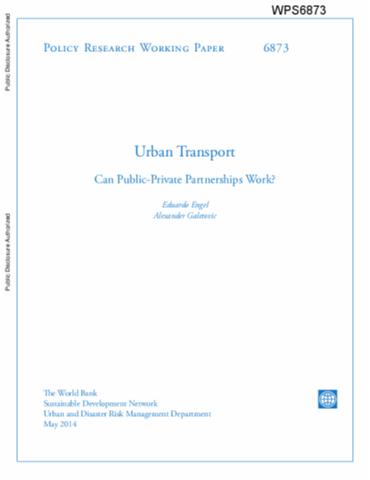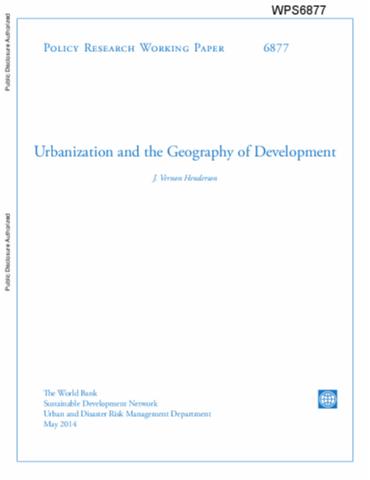Cultural Assets in Support of Transition in the Europe and Central Asia Region : An Operational Perspective
The purpose ofthis report is to provide guidance to the staff of the World Bank's
Europe and Central Asia (ECA) Region with respect to mobilizing cultural assets to
support socioeconomic development in our country and regional work programs. To this
end it seeks to demonstrate how and when it makes sense for us to get involved in
activities related to cultural asset mobilization. Equally important, it also indicates how
and when we should leave cultural heritage activities to others. In particular, this report
addresses the following questions:




